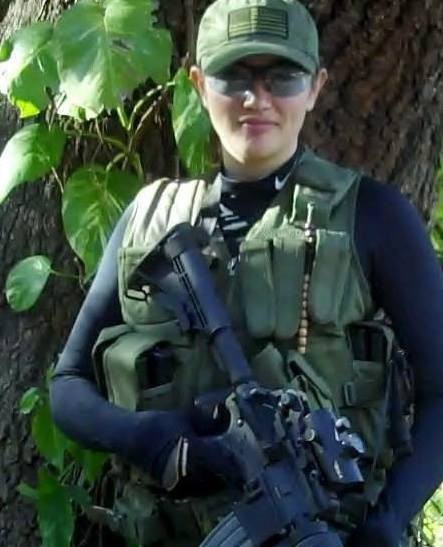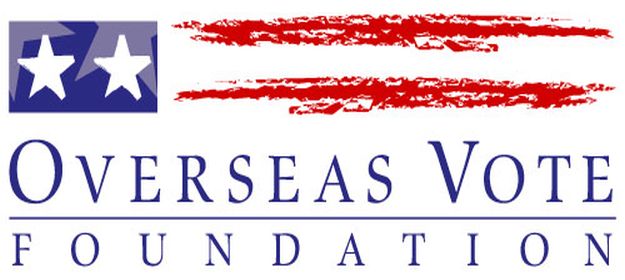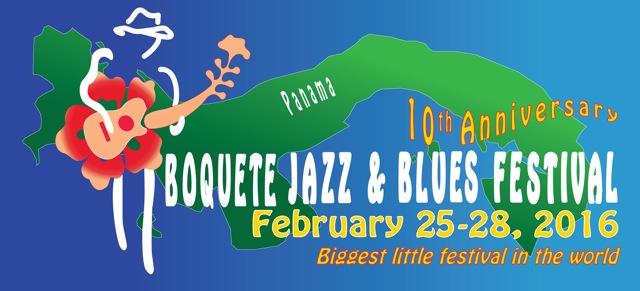
In the USA people can and do argue about what rights they have as American citizens under the US Constitution, but those don’t apply in Panama
Guns, here and there
by Eric Jackson
On August 4, Security Minister Rodolfo Aguilera arguably stuck his foot in his mouth. Declaring that “Everything seems to indicate that there is no direct correlation in the aphorism that says more guns mean more crime,” he announced that the government would follow the US lead in gun policy and lift the moratorium on importing firearms. Since 2012, only Panama’s security forces have been allowed to import weapons. Aguilera also pointed with approval to Switzerland, where gun ownership is common and for many citizens mandatory as part of government militia service.
That same day in the United States, two men were arrested and a warrant was put out for a third for a drive-by shooting in Brooklyn that left five people wounded and killed an expectant mother’s unborn fetus. The mass shooting was said to be revenge for an earlier drive-by shooting, both incidents part of a rivalry between two gangs, the Ow Ow Crew and the Gangsta Money Makers. Also that day, the families of 16 of the 26 Sandy Hook massacre victims announced an out-of-court settlement of a lawsuit against a murder victim’s estate, in which a young man borrowed weapons from his wealthy “survivalist” mother’s extensive firearms arsenal, killed her, then killed 20 first-grade students and six educators at a local elementary school in Newtown, Connecticut.
The following day Aguilara’s announcement was covered in Panama’s mainstream media. Former legislator Teresita Yániz de Arias, a member of the Partido Popular that is a junior partner in the Varela administration, told El Panama America that the problem of public safety would not be resolved by everybody carrying a weapon. She disputed Aguilera’s take on the situation in the United States. Former National Police chief Rolando Mirones also criticized the idea of importing weapons as an anti-crime measure, and pointed out that as the number of homes with firearms increases so does the use of guns in domestic violence incidents.
That same day in the United States in a theater in Nashville a man armed with a pellet gun, a can of pepper spray and a hatchet began attacking members of the movie audience. Three people were injured. A police SWAT team arrived and the man was shot 24 times and killed. Also that day on the Hawaiian island of Maui, a man being questioned about impersonating an immigration officer drew a pistol and began firing at police, wounding one. Three officers fired back, hitting the man 11 times and killing him. The dead man had been federally licensed as a firearms dealer. Also on August 5, members of the Sikh community in Oak Creek, Wisconsin held a vigil to remember the murders on that date in 2012 of six members of the congregation at their local gurdwara and the wounding of four others by a member of the international neofascist Hammerskins organization.
Aguilera’s announcement was quickly countermanded, although President Varela said nothing for public consumption about it. On August 6 Aguilera and Vice Minister Rogelio Donadío signed a decree extending the gun import moratorium for four more months.
On August 6 in the USA, jury deliberations began in the penalty phase to decide whether James Holmes, who opened fire on a Colorado movie theater audience in 2012, killing 12 people, would get the death penalty or life imprisonment. A lone juror held out against death and Holmes is now doing life without parole.
The decree extending Panama’s gun import ban was not made public until its August 14 publication in the Gaceta Oficial. Police forces continued to be exempt from the ban and firearms businesses that objected to having only the government for customers were given five days to file for reconsideration. The deadline came and went, and the moratorium remains in effect.
On August 14 in the USA, two people in Brown County, Texas were wounded in their sleep when a man outside fired several shotgun blasts into their house. In Ridgeville, South Carolina, a couple were found dead outside a bar, each with a single gunshot wound to the head.
Then on September 16 The Orange County Register published a story about Aguilera’s August 4 announcement, neglecting to report that the policy was quickly changed. Google News and the right-wing US press played up the same story, with the same omission, for several days. Nobody has ever run a correction.
The National Rifle Association also picked up the Register’s story, proclaiming “More guns, less crime — Panama follows US lead.” But the NRA, which is a US organization, ought to have known better. They run or provide assistance to programs throughout Latin America and the Caribbean to promote US gun manufacturers’ exports. The international operations are not some anomaly but an important part of their business.
The NRA is largely financed by gun sellers and it defends their corporate interests. Most notably, it runs a highly successful and demonstrably false advertising campaign that promotes the idea that possession of firearms makes a person or a household safe. But in a typical year in the USA, there are some 200 firearms homicides by those who are not law enforcement officers that are ruled to be justifiable. Against that there are some 10,000 criminal homicides with firearms, 20,000 firearms suicides and several times as many accidental firearms deaths as justifiable firearms homicides. Those numbers do not reflect the much greater numbers of assaults and other acts of gun violence that do not result in deaths. A gun in the house makes it more dangerous, not safer, for the people who live there.
And what else happened in the USA on the day that the NRA misrepresented Panamanian public policy? In Charleston, South Carolina, lawyers for white racist gunman Dylan Roof, who killed a state senator and eight other African-Americans in a church there, offered to enter a guilty plea if prosecutors would refrain from asking for the death penalty. In Boston, a man was gunned down in a busy Stop & Shop parking lot in the middle of the day. In Cleveland, people left balloons, toys and a teddy bear at a makeshift shrine on the spot where three-year-old Major Jamari Howard was shot in a drive-shooting the previous evening, later to die in a local hospital.










